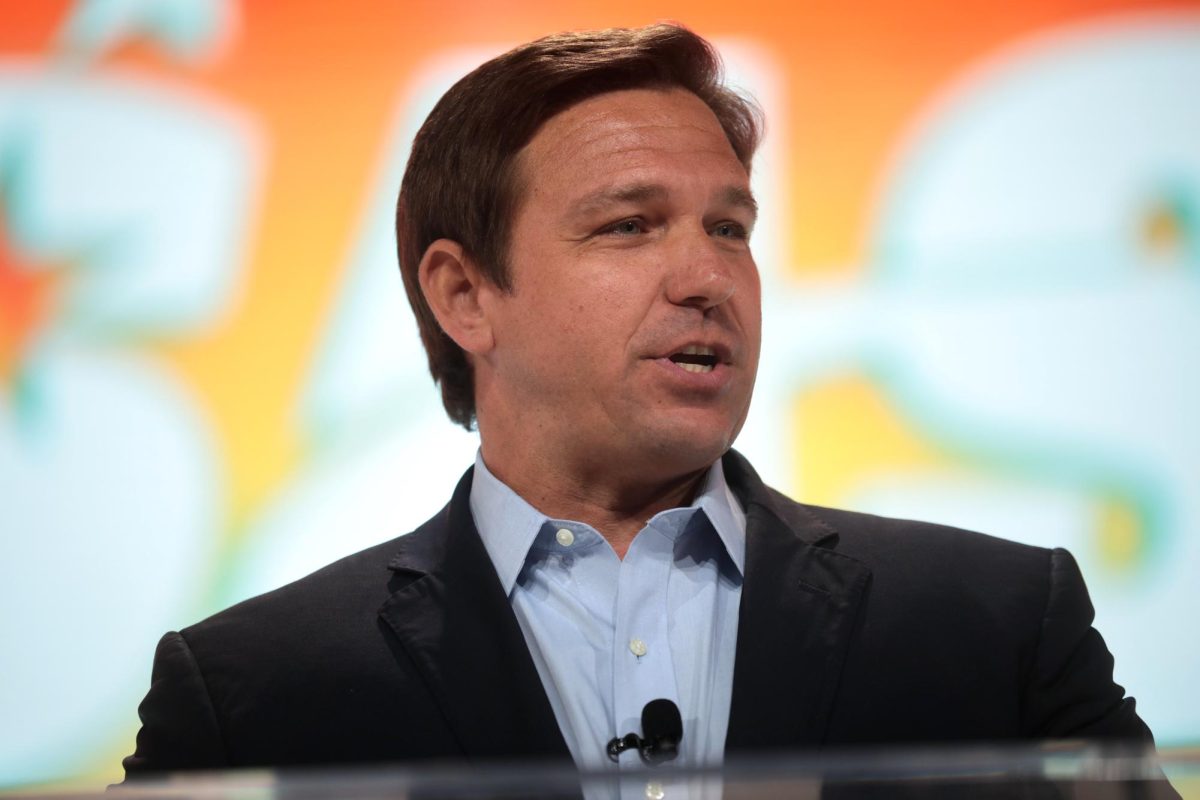
Alek Lewis is a junior journalism major.
This past weekend, New York, Connecticut and New Jersey enacted emergency laws that encouraged social distancing to mitigate the spread of the coronavirus.
On Monday afternoon, I got a message from my boss informing me that the catering hall where I work weekends can no longer operate under the emergency laws. The consequence of attempting to beat the public health crisis was the forced closure and restriction of many non-essential businesses, such as restaurants, to limit social gatherings under 50 people.
Although I had been writing about the coronavirus for weeks, in a few days it became less like a news story and weighed more like a crisis. The laws left me, and many others, either out of work or underemployed.
Fortunately for me, I had saved up enough for a safety net; but for other people at my job, the ones who use their employment to pay rent and feed their families, the harm is more substantial. The loss of these jobs is going to leave American workers in financial turmoil for an indefinite amount of time.
Our government has already proposed relief solutions, such as President Donald Trump’s stimulus package that would give $250 billion worth of checks to millions of Americans; but money cannot solve a pandemic.
Unfortunately, we cannot go back and redo the past three months and prevent the coronavirus from sneaking its way into the United States, but what we can do is look towards the future.
The psychological and financial burden that these emergency laws will put on working people is too high; they demand that the country take urgent matters to fulfill the laws’ purpose: helping to eliminate the coronavirus. This turmoil does not have to be for an indefinite duration of time; only the citizens of the country will be the ones to determine how long this crisis lasts.
To mitigate the economic impact of this crisis and return to normalcy, it is imperative that we join together to battle something much bigger than ourselves so that these emergency laws can be removed as quickly as possible.
This is a window of opportunity to defeat the coronavirus. It is imperative that the mindsets of people in the United States — and more than that, the people of the world — be unified in their goal to combat this public health crisis.
In order to eliminate the virus and to take the burden off the health care system that may become overwhelmed, everybody must abide by the precautions recommended by the government and health professionals, including the practice of social distancing. It doesn’t matter whether or not you like your government, or if you agree or disagree with the action taken by them; it only matters that the coronavirus is eliminated efficiently.
An individual’s neglectful approach to combat the spread of the disease will only regress the progress made in the fight against the virus; it is antagonistic to the emergency laws, and only keeps those employed by non-essential businesses out of work for longer. More than that, it’s selfish and unfair to the people around you if you don’t take on what might be one of the most important social responsibilities of your life.
This is a war; people must recognize that this fight is only winnable as a community. Everybody has a common enemy and we, as citizens, must take the responsibility of the foot soldiers on the front lines.
It is essential that people can be able to go back to work, that people can be able to go back to their families, and that people can be able to go back to living the life that they want to make for themselves in a timely manner. Because of this, it is necessary that everybody must take this matter of public health seriously. The stakes may be bigger than we know. The one thing we do know, however, is the quicker we take on our civic responsibility, the quicker we kill the coronavirus.


















